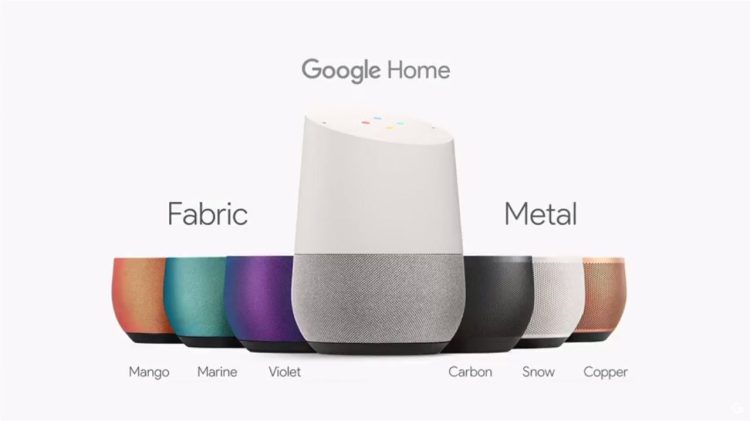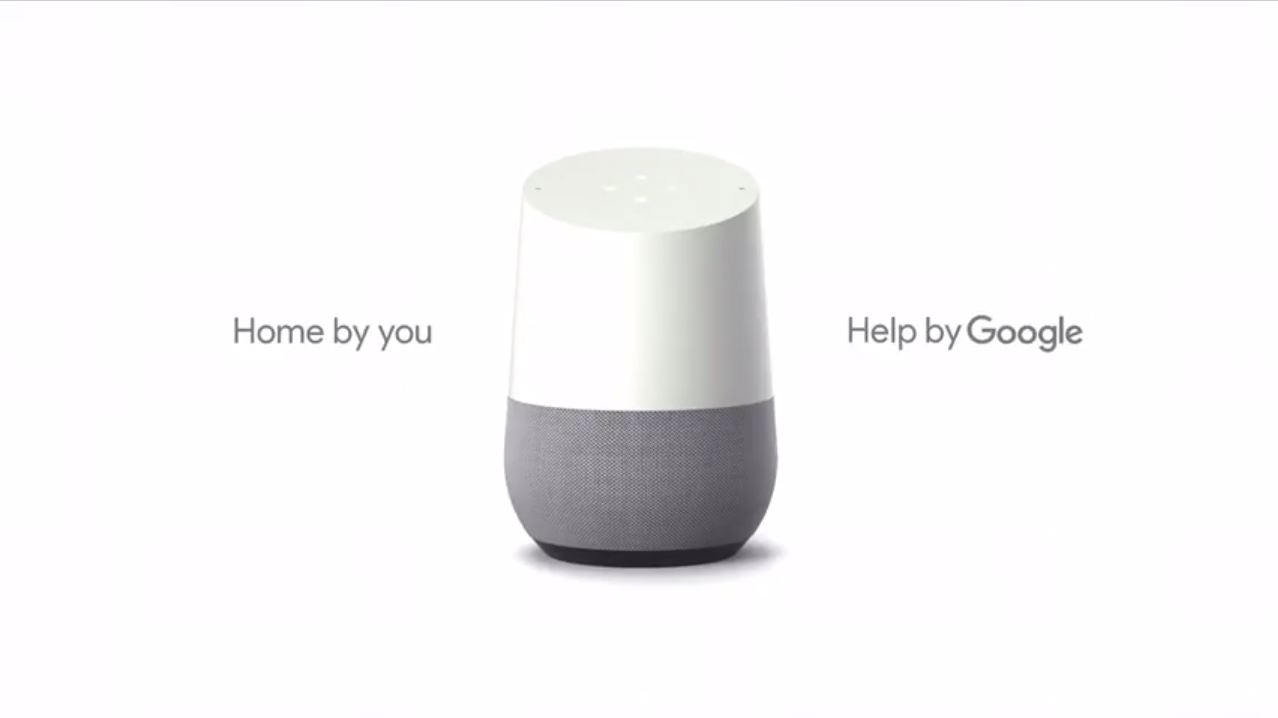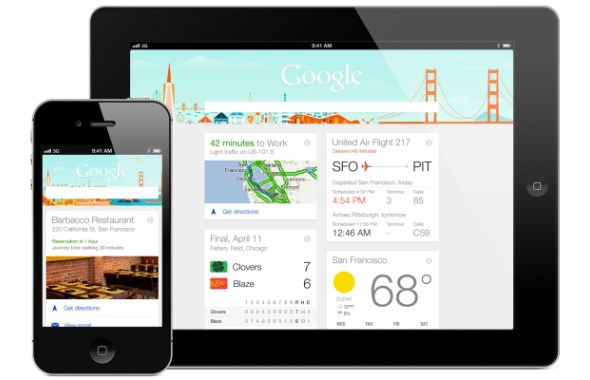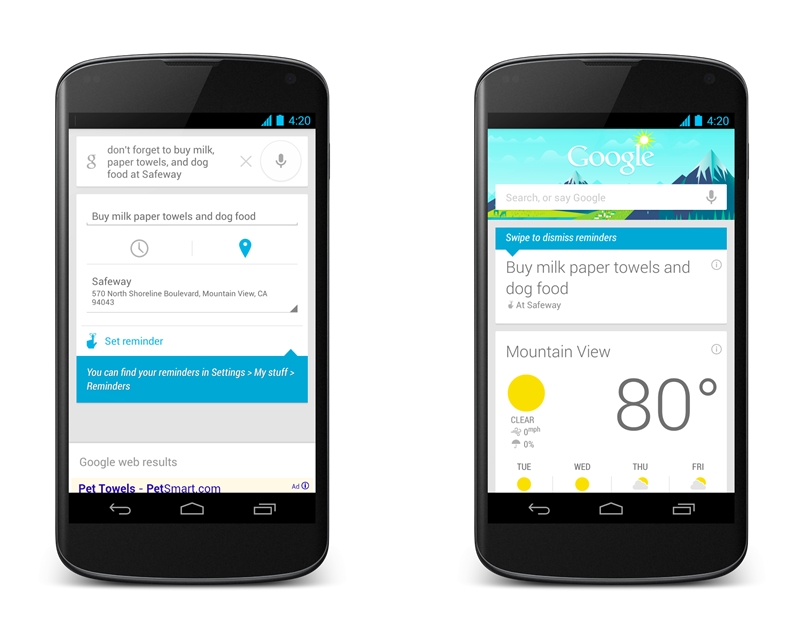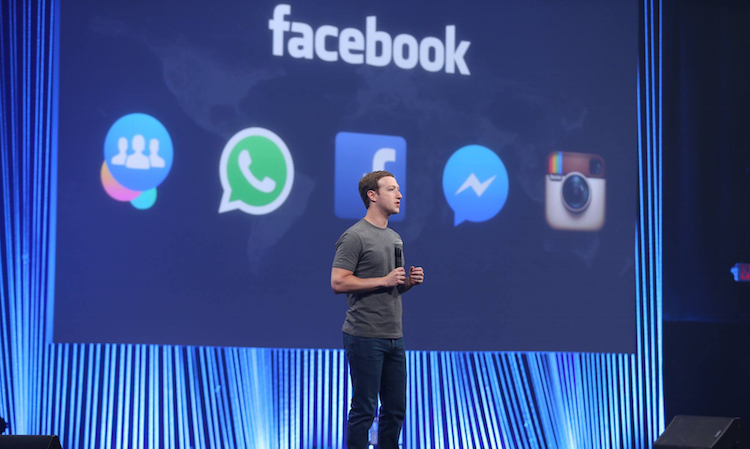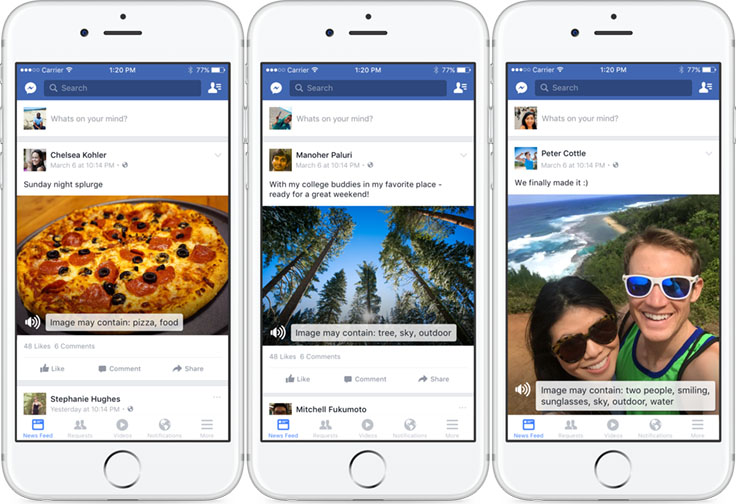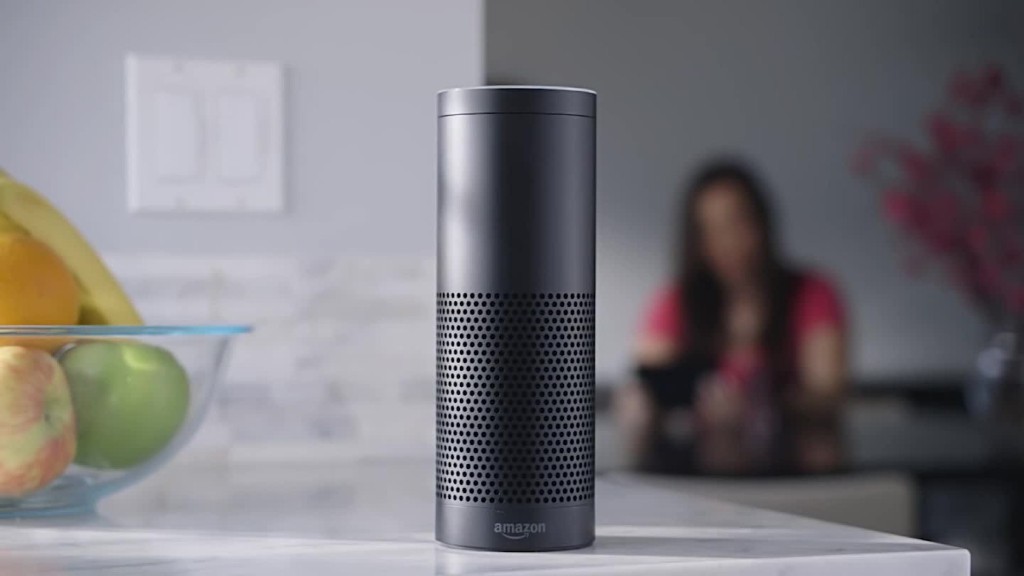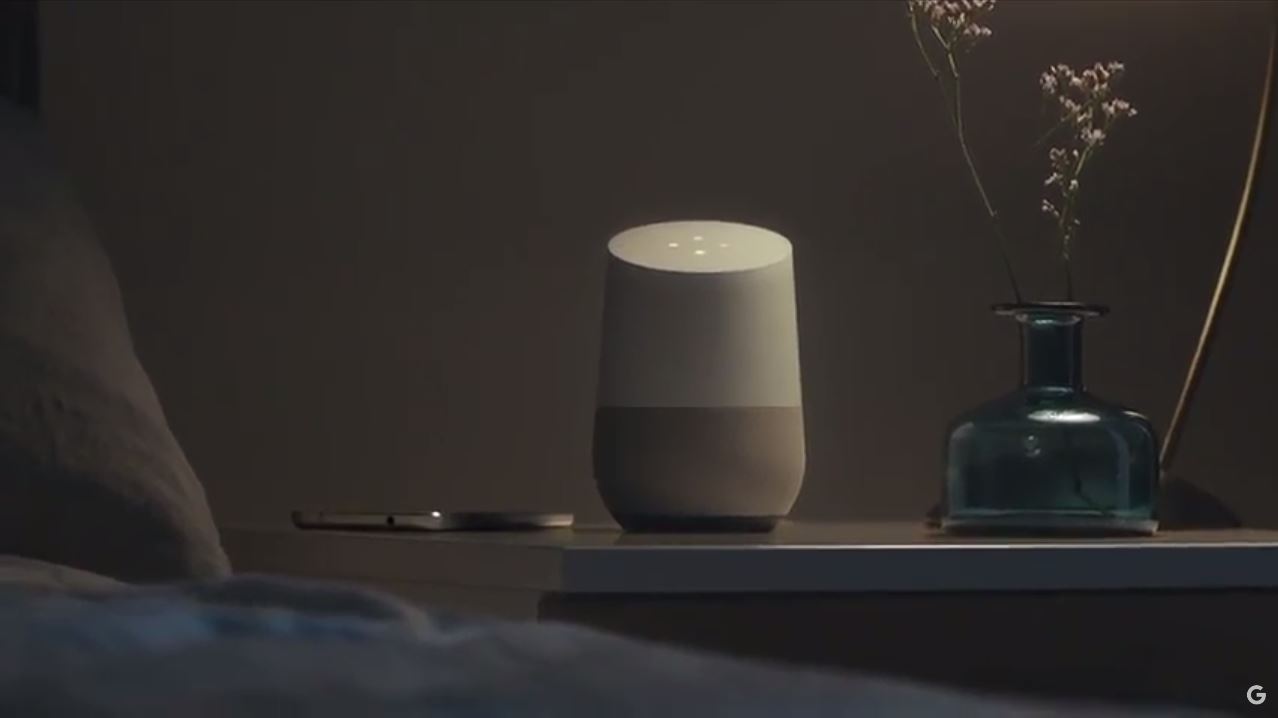Back at Google I/O 2016, the internet behemoth announced its entry into the smart home ecosystem with Google Home. Essentially, it is a wireless speaker souped up with Google Assistant, a virtual private assistant that’s a culmination of all of Google’s past know-how of search, machine learning, and artificial intelligence.
What Google Home allows you to do is to have the power of Google anywhere in your home. Say the familiar “OK Google” wake phrase, and Home starts listening to your queries. It’s a move designed to empower consumers the same way Google Now did when it was first released – but not everyone is enthusiastic about it.
https://www.youtube.com/watch?v=nWiIWyCeZso
When Google finally announced the pricing and availability of what’s likely to be the cog of Google’s smart home initiative earlier this morning, it again brought about a debate between myself and everyone in the team who stayed up to cover the event. It is one that will likely you would have with your friends: is having an always-listening device that beams queries to the cloud for the sake of convenience…an intrusion of privacy and personal space that is unacceptable?
My colleague, Farhan and I seem to be at opposite ends on this. While I’m all in with Google’s vision of the future, Farhan has equally realistic concerns of how such a device could be used against us.
For…
The smart home concept has been one that has fascinated me both personally and professionally. My first encounter with a “smart” home appliance was a WiFi-enabled air conditioner from Samsung (which, sadly, was priced out of reach for many of us here in Malaysia), and one of my fondest recollections from IFA 2014 was a demo from LG, showing off how you can literally chat with your home appliances on the popular chat app, Line.
Things only kept getting more connected from that point. Apps like IFTTT allowed for an even more connected home with complex combinations that you can set up. I saw a future where my connected car can ping my connected home when I’m 10 minutes away to turn on the lights and air conditioning so that by the time I arrive home, everything’s set perfectly.
That’s years away, but the conveniences of having smart home appliances has real-world benefits today. Smart TVs connect wirelessly to your smartphone, playing YouTube videos or your Spotify playlist with a few simple taps. Robot vacuum cleaners intelligently clean your home while you’re away. Smart refrigerators scan the contents inside it and updates your shopping list. It is pure convenience at your fingertips.
Now imagine being able to do all those things and more with something like Google Home. Being able to bring up step-by-step cooking recipes while you are cooking, simply using your voice. Controlling your Smart TV, compatible speakers, or even lightbulbs – again, just with a conversation with a nondescript speaker. This is what technology is supposed to do: helping us do more, with less.
But if the thought of having your most intimate of conversations at home being secretly recorded and sent to some underground bunker where some top secret surveillance team is monitoring your every move, here’s a shocker for you:
We’ve been here before.
This isn’t the first time a Google product has made people shift uncomfortably in their shoes. When Google Now was introduced in Android back in mid-2012, some consumers immediately called out privacy intrusion concerns. Upon being granted access to your Gmail inbox, Google Calendar, and your browsing history on Chrome, Google Now provides “cards” that appear proactively, like giving you your flight details, calendar appointments, and yes, suggestions based on your search history.
It was the first time a digital assistant appeared to be more powerful than what people expected it to be, and for lack of a better phrase, this creeped a lot of people out. Suddenly there was this being overlooking everything you do, and suddenly your digital life didn’t feel all that secure.
Except nothing much really changed, because people eventually began to rely on Google Now cards for the convenience it provides. Four years on, Google Now lives as a permanent home screen on stock Android devices – that’s how important it has become.
We’ve been here before.
Maybe it’s just a Google thing. After all, it uses the information we provide from its services to sell targeted ads and make eye-watering amounts of money out of them. Isn’t that another intrusion of our digital privacy? Let’s take a look at another service that does the exact same thing: Facebook.
With over 1.7 billion active users, Facebook is easily the largest social network in the world. And yet, it’s free. It makes money the same way Google (mainly) does, and that’s via targeted ads. And how does Facebook know what we like?
We gave it to them.
Look at your About page on Facebook. Most of us list down (at the very least) these things: your name (duh), current city, work information, birthday (age is but a number!), and – crucially – your interests. Favourite movies, books, sports teams, brands, games, and so much more. It’s a treasure trove of data that – upon agreeing to its Terms of Service – us users give consent for Facebook to use for targeted advertising purposes.
In addition, the Facebook mobile app is another little-known but often-used privacy intruder. It requests for the user’s current location (which we willingly provide), and within the app, Facebook can measure so many things: what posts you’ve liked or shared, which friends you interact with most often, and even how long you spend looking at a particular post or video on your news feed without interacting with it. Using these data, Facebook can build (and probably has built) a knowledge graph that can pretty much reveal a lot about who you are.
And yet, we don’t mind, because of the convenience Facebook provides in connecting us with others.
We’ve been here before.
It’s not like Google is the first to create a physical digital assistant for the home, either. The Amazon Echo is basically the same thing: a wireless speaker with a digital assistant built in named Alexa – that’s also the “wake phrase” for the Echo. It works very similarly to Google Home: you can command connected devices with your voice, plug into third-party services like Spotify and various streaming services, and ask it random questions and get immediate answers.
And because it’s an Amazon product, the Echo also allows you to buy stuff on Amazon using just your voice.
https://www.youtube.com/watch?v=KkOCeAtKHIc
Various privacy-related queries were presented to Amazon, especially when it was revealed that the Echo starts recording a query “a few seconds” before the wake phrase is said. And even then, the furore eventually died down. The Echo isn’t lighting up the world in sales numbers, but it was popular enough for Google to create its own version, which very likely will prove to be superior due to Google’s colossal knowledge graph: it holds about 70 billion facts to date, and counting.
Services like Google, Amazon, and Facebook have for long been storing bits of information about us whenever we use their services. And in this day and age, you cannot simply escape using at least one of these services. Combined, the collective information these giants have about each of us may be more than what some of our closest friends may know about us.
We’ve been here before.
Android and iOS devices are now both set to always be listening for the wake phrase anyway – “OK Google” and “Hey Siri”. So why is there a huge concern over Google Home? The main difference here lies in the medium with which Home operates: at home, your home. And yet, we all choose to ignore the fact that we sleep next to our smartphones – the always listening device virtually all of us own.
We’d be hypocrites for crying privacy invasion about an always-on device in your home listening all the time, when we very willingly reveal our relationship status, jobs, and virtually our entire social life on Facebook, and having a huge chunk of our digital life managed by Google services.
——————–
Perhaps I have a very Utopian vision of the future. Perhaps I’m just blissfully ignorant of the dark side of the God of Convenience to not see the risks and dangers of having such a potentially intrusive device planted within the sanctuary I call my home.
But as our lives become more and more digitally entrenched, devices like Google Home will be commonplace. The smartphone market has saturated, and companies are increasingly looking at the Internet of Things and smart connected devices as the next frontier (or business opportunity) of technology. We’ve seen Google’s entry, and it won’t be long till we see Apple’s Siri and Microsoft’s Cortana entering the fray.
Against…
(written by Farhan)

Google Home represents the pinnacle of the Internet-of- Things. A connected network powered by an AI assistant listening to everything being said around it. From a privacy perspective, this is a terrifying prospect. Despite this, Google is not the problem in this scenario – everyone else is.
IoT is rapidly becoming a massive headache for security experts. Not only because it is expanding so rapidly, but also because these devices are a nightmare to secure. Securing things like internet enabled security cameras is the last thing on anyone’s mind. After all, the camera is supposed to be the security device.
Insecam is a website that seeks to highlight dangers of using an unsecured IP camera and demonstrate just what can go wrong. It does this by simply streaming video from every camera it can find on the internet. Sure, the people running the site filter anything that may invade a person’s privacy, but the message is very clear. You are not as safe as you think you are.
3 things about this photo of Zuck:
Camera covered with tape
Mic jack covered with tape
Email client is Thunderbird pic.twitter.com/vdQlF7RjQt— Chris Olson (@topherolson) June 21, 2016
It sounds like something a paranoid conspiracy theorist would say; but Facebook CEO Mark Zuckerberg was pictured with this laptop webcam and microphone taped up. This is a person who collects user data for a living. Think very carefully about the message that this is sending.
Knowing all this, Google is asking people to bring an always on microphone into their homes. The very same people who are likely to lapse in their personal security practices.
This threat is not only confined to criminal hackers, but also extends to governments. Edward Snowden’s revelation of the Five Eyes spying network was only the tip of the iceberg. In May 2016, British Home Secretary Theresa May introduced a Private Members’ Bill that would increase the cybersurveillance capabilities of the GCHQ; all under the guise of fighting terrorism. She is now the Prime Minister of the United Kingdom.
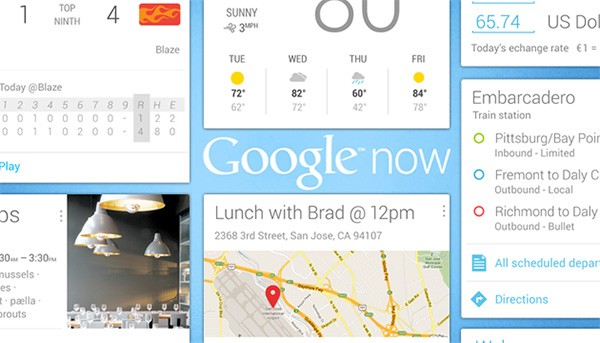
Make no mistake, law enforcement agencies know that Google is a goldmine for user information. Google’s transparency report makes it very clear that more and more governments are looking to what the company knows about people. In all fairness, Google carefully considers each request and only cooperates when there is a good reason to. However, Snowden’s leaks paint a picture of intelligence gathering agencies that aren’t always interested in proper procedure or due process; or privacy for that matter. And that’s from the perspective of the supposedly “free” western countries. Agents from countries like Russia and China are even less likely to exercise restraint.
For those that forgot, it was the US and UK (and their allies) who ran the PRISM programme to steal data from the servers of large internet companies. This includes Google, who had no idea that there were spies snooping around its user records. The only reason we know about it was due to the Snowden leaks. Without them, there is no telling how long the spies would have managed to snooping around without being discovered.
The problem there is not that the intelligence agencies were secretly collecting information; after all, that is why they exist. Instead, the issue is that this was done without a warrant. In other words, it was illegal. Currently, politicians like Theresa May are looking to alter the law to make this perfectly alright from a judicial perspective.

It should really be noted that the problems are largely about the US and UK spying on their own citizens; foreigners do not get the same legal protection – especially if their countries have not ratified the United Nations’ Universal Declaration of Human Rights. Meaning that the NSA and GCHQ are allowed to hack and hijack as many foreign microphones and webcams as they want.
It’s not really that hard. They have proven that they are capable of doing it with the highly sophisticated Stuxnet and Flame malware campaigns. If a government can do it, so can anyone with enough time to burn.

My esteemed editor believes that my problem with Google Home lies with surrendering more information to Google. To be honest, that is the least of our problems. Google, and to a lesser extent Facebook and Twitter, doesn’t actually need Google Home to collect user data to be sold to advertisers. People have made their peace with the idea of giving up a little privacy for the sake of convenience.
In fact, the amount of information collected by these companies isn’t really private. Names, phone numbers, dates of birth, and the like are generally open to the public. Few remember that we used to publish giant tomes that contained the home phone numbers of individuals.

Google Home is an unnecessary privacy risk. We are already exposed enough through our home computers and smartphones. George Orwell’s 1984 imagined a world where an oppressive dictatorship installed cameras and microphones in homes. With Google Home, governments of the world wouldn’t have to do anything but wait for people to willingly jump on the trend of giving up privacy and security for the sake of convenience.
This is not about Google. This is about the people who will abuse Google’s good intentions.
Moving Forward…
The issue of privacy will likely stick to anything that’s connected to the internet today. There is always the risk of the information that’s being relayed being tapped by a third party, and as Farhan already mentions, it isn’t as uncommon as we think.
In an age when you can get arrested for things we post on social media, the repercussions of having a microphone voluntarily planted in your home listening to everything you say is shuddering to even think about.
On the other hand, more and more companies are becoming aware of the risks associated with snooping of the data they store. Companies like Telegram and Facebook-owned WhatsApp have willfully integrated end-to-end encryption in their products, so that even they cannot access the information being relayed, let alone any third-party agencies.
For the idealist in all of us, having a virtual private assistant on demand is what the future is all about. Who hasn’t read or watch Iron Man and wanted a Jarvis for themselves? Google did not spell it out, but its Google Assistant is fast becoming a real-life Jarvis for each and every one of us. Google Assistant will work wonders living in our smartphones, but when in a hub like Google Home, that’s where Google Assistant can truly come to life (figuratively).
What do you think? Are devices like Google Home too big a risk to take home? Or is the convenience of having a virtual personal assistant simply too good to refuse? Let us know in the comments section below.

